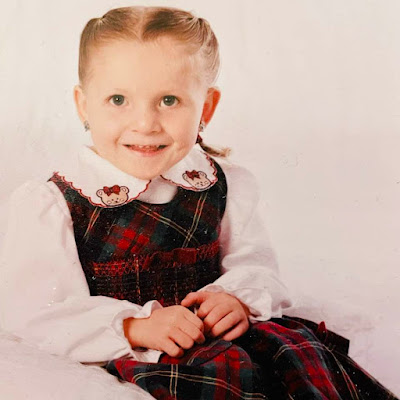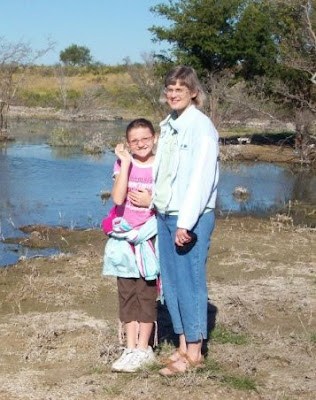Victoria's Moms
Victoria was four years old when God brought her into our family. She turned five just one week after she came to live with us permanently. For our youngest daughter, I was Mom #4.
 |
| Four-year-old Victoria |
Victoria didn't hesitate to call me Mom right away. She was used to bestowing that title on a series of caregivers. Her birth mother, step mother, and most recent foster mom came before me; her new mother-in-law is Mom #5.
Her early years had been traumatic, for a variety of reasons. Although Victoria's early records were not kept from us, her adoption was court-ordered to be a closed adoption, mainly because she became physically ill at the sight of her abusive birth dad, who wouldn't allow her to see anyone else in her family unless he was there, too.
You might think that closed adoption is a good thing, but I've learned that adopted children who maintain some contact with their birth families are often better adjusted emotionally. Although Victoria was well-cared-for in our family, even receiving weekly counseling services that were designed to help her overcome her past trauma and navigate her new life, she grieved the loss of her birth family until we were finally able to re-establish some contact, via social media, when she was in high school.
Even children who are adopted as infants are driven to know where they come from. They often want to explore their roots, and see who they look like. They want to meet their families of origin, and explore their similarities and differences because, no matter how much their adoptive families love them, and no matter how well they fit into their new families, they usually want to know the people who share their DNA.
Sometimes, they are content to "meet and greet" long lost relatives, and move on with minimal contact because they find they are more comfortable with their adoptive families. But I know some adoptees who have reconnected with their birth families, embracing each other and maintaining active family relationships with their birth families as well as their adoptive families. Others, like our son, Levi, have never lost contact with their birth families, and have been able to see birth parents and siblings occasionally, or even regularly. No matter what, when adopted kids get to know their birth families, and understand the circumstances of their adoptions, they don't need to fantasize about "what ifs;" instead, they can face the truth head on, whether good or bad, and choose for themselves whether or not they will pursue relationships with the families that gave them up for adoption.
I know that it can be hard for some adoptive parents when their children decide to search for and even meet their birth parents. I think this is especially true for those whose children were adopted as infants, with closed adoptions and sealed records. It's understandable that some parents may feel betrayed by the children they loved and raised. However, whether we like it or not, our children's birth families are a vital part of their stories. Even if we simply want to protect our kids from the pain that may come from knowing their history, I don't think it is fair to deprive them of the right to explore their beginnings.
 |
| Eleven-year-old Victoria and me, Mom #4 |



Comments
Post a Comment